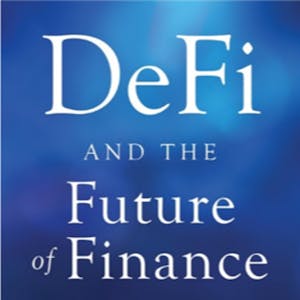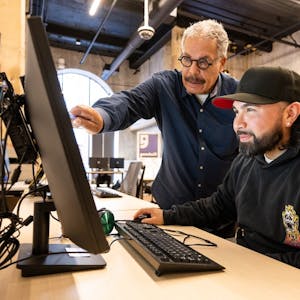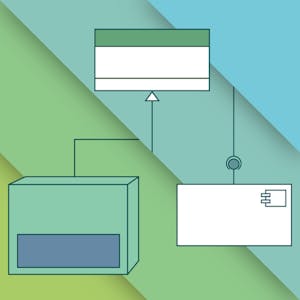Decentralized Finance (DeFi) Infrastructure
About this Course
Decentralized Finance: The Future of Finance is a set of four courses taught by Campbell R. Harvey (Professor of Finance at the Fuqua School of Business, Duke University, and a Research Associate of the National Bureau of Economic Research) that focus on decentralized finance (DeFi). In this first course, we begin by exploring the origins of DeFi and take a broad historical view from the earliest barter economies, such as the first peer-to-peer exchanges of bartering, to present day. The course also looks at historical examples of money having value even though it is not officially backed. We then focus on the key infrastructure components: blockchain, cryptocurrency, smart contracts, oracles, stablecoins and decentralized applications (or dApps). This includes discussion of the mechanics of the Ethereum and Bitcoin blockchains including cryptographic hashing. Next, we focus on the specific problems that DeFi is designed to solve: inefficiency (costly, slow, and insecure today), limited access (1.7 billion are unbanked), opacity (we need to trust regulators to monitor banks and the regulators have mixed records), centralized control (financial system is oligopolistic imposing higher fees than we would have in a competitive market) and lack of interoperability (it is difficult to move funds from one financial institution to another today). The course closes by exploring many of the myths about the crypto space.Created by: Duke University

Related Online Courses
The Medical Assistant Fundamentals for Patient-Centered Care specialization provides a comprehensive foundation for a medical assisting career, emphasizing essential skills in communication,... more
Explore the multidimensional world of Human Factors and learn the strategies behind optimizing human interactions and performance. In this specialization, you will dive into the field of human... more
Closing the digital divide is essential for fostering a more inclusive and equitable society. Nearly one in three U.S. workers ages 16 to 64 have few or no digital skills; at least 38 percent of... more
In the Software Design and Architecture Specialization, you will learn how to apply design principles, patterns, and architectures to create reusable and flexible software applications and systems.... more
Scrum is a process framework for managing work on complex products, involving a Scrum team, roles, events, artifacts, and rules. This course teaches the principles of Agile and Scrum, focusing on... more








